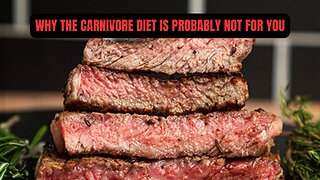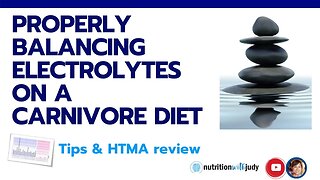The Antarctica Diet What To Eat To Survive 90 Days Unassisted
The Antarctica diet refers to the dietary requirements and recommendations for individuals who plan to survive unassisted in Antarctica for a period of 90 days or more. This extreme environment poses unique challenges, including harsh weather conditions, limited food supplies, and the need for high-calorie intake to sustain energy levels and maintain body warmth.
To survive in Antarctica, individuals must carefully plan their diet to ensure they consume enough calories, nutrients, and hydration. The following guidelines are typically considered:
Caloric intake: Due to the cold temperatures and physical demands of surviving in Antarctica, individuals need to consume a significant number of calories to maintain their energy levels. It is common for Antarctic expeditions to aim for a daily intake of around 4,500 to 6,000 calories.
High-fat foods: Fats are an excellent source of energy and help insulate the body against the cold. Foods rich in healthy fats, such as nuts, seeds, avocados, and oils, are typically included in the Antarctica diet.
Carbohydrates: Complex carbohydrates are essential for providing sustained energy. Foods like whole grains, legumes, fruits, and vegetables are good sources of carbohydrates and also provide essential vitamins and minerals.
Protein: Adequate protein intake is crucial for muscle repair and overall health. Lean meats, fish, eggs, dairy products, and plant-based protein sources like beans and lentils are typically included in the Antarctica diet.
Hydration: Staying hydrated is vital in Antarctica, even though the cold environment might not give the sensation of thirst. Drinking enough water and consuming warm liquids like tea or broth helps prevent dehydration and maintain bodily functions.
Nutrient-dense foods: Due to limited storage and weight constraints, it is essential to focus on nutrient-dense foods that provide a wide range of vitamins and minerals. Including a variety of fruits, vegetables, nuts, and seeds can help meet nutritional needs.
Supplementation: In some cases, individuals may require dietary supplements to ensure they are meeting their nutritional needs. This could include vitamin D, which may be lacking due to limited sunlight exposure, and omega-3 fatty acids, which are beneficial for overall health.
It's important to note that individuals planning to survive unassisted in Antarctica should consult with experts, such as nutritionists or medical professionals experienced in polar environments, to tailor their diet to their specific needs and requirements. Proper planning, research, and preparation are essential to ensure a safe and healthy diet while enduring the extreme conditions of Antarctica.
-
 15:01
15:01
Lillie Kane
1 year agoI ate a *PURE* Carnivore Diet for 21 Days
36 -
 1:48
1:48
Gioslife
5 months agoWhat is the carnivore diet??
49 -
 5:55
5:55
Ryan Taylor Natural Remedies
2 years agoTop 10 Foods To Eat On One Meal A Day (OMAD)
61 -
 7:38
7:38
Nutrition with Judy
4 years agoHow much to eat on the Carnivore Diet. Counting macros, pounds of meat, OMAD, fasting, Keto.
23 -
 29:20
29:20
Nutrition with Judy
8 months agoThe Truth About OMAD (One Meal A Day): Nutritionists' Review and Tips - Meaty Minute
247 -
 14:44
14:44
TigerFitness
2 months agoWhy the Carnivore Diet Probably Isn't For You - with DDTMethod
1701 -
 18:37
18:37
Nutrition with Judy
3 years agoProperly Balancing Electrolytes on a Carnivore Diet - Tips and HTMA Review. Avoid Common Pitfalls
14 -
 7:59
7:59
THE HEALING POWER
7 months agoThese Foods Will Take Years Off Your Precious Life: Eliminate Them From Your Diet
42 -
 10:35
10:35
Lillie Kane
2 years agoMy SIMPLE Carnivore MEALS ON THE GO & 12 Snacks! (Easy Carnivore Meals for Work, Travel, Hikes, etc)
30 -
 1:07:23
1:07:23
Dr Berry's Proper Human Diet
2 years ago $0.07 earnedProper Human Diet Q&A with Dr Berry & NEISHA + Fasting
3243